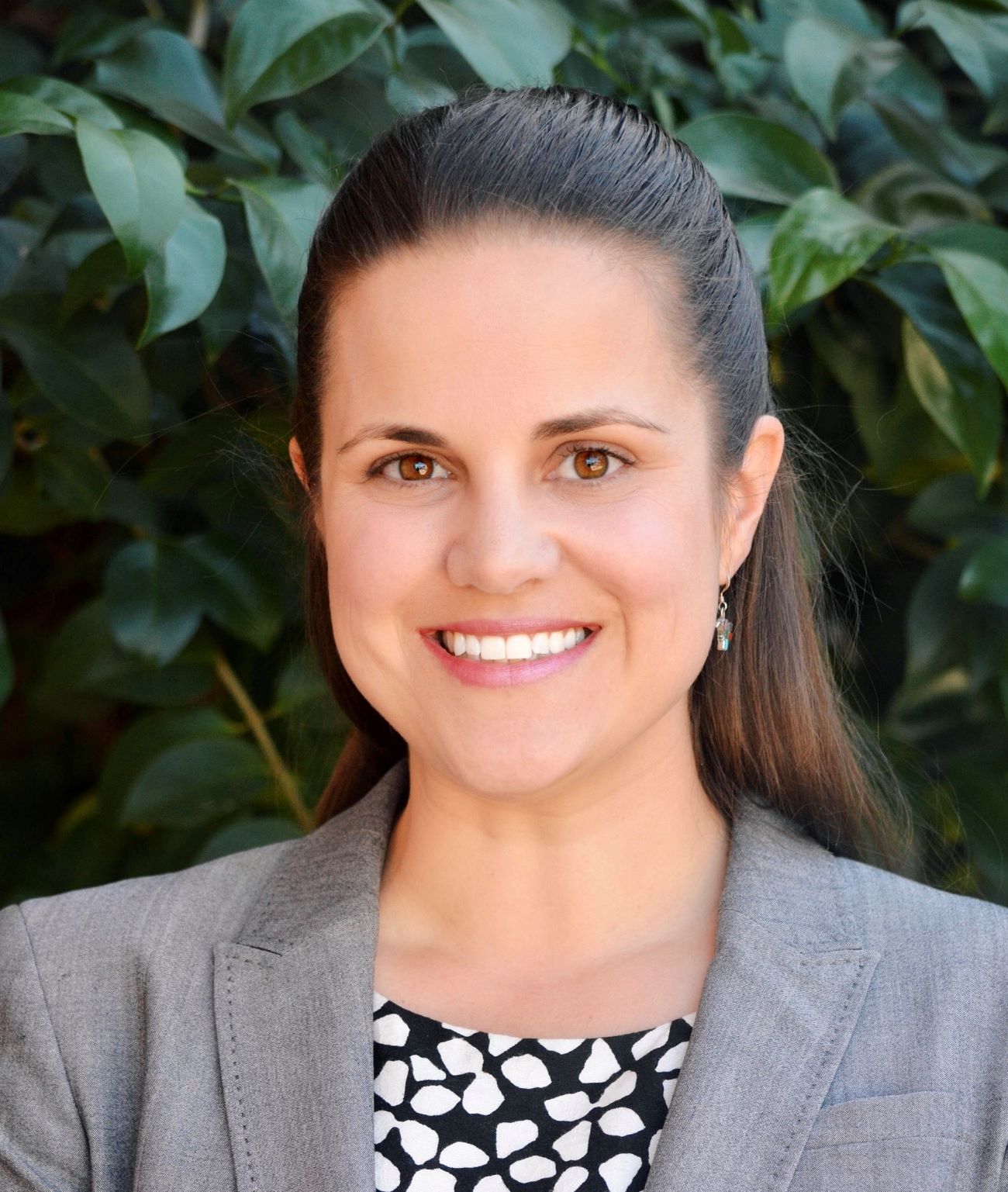By Dr. Heidi Pottinger and Scarlett Lewis
Humanity is facing a global war against the novel coronavirus. As a country we are not alone in facing an onslaught of relevant challenges, including alarming increases in confirmed COVID-19 cases and deaths, lack of a readily-available vaccine to confer immunity, and shortages of personal protective equipment for our healthcare workers and first responders.
Add to the list a lack of adequate testing, diminishing access to food and supplies (especially for isolated and high-risk populations), continued spread of misinformation – and it can all be too much to bear. Unbearable problems like these take big solutions.
And what’s bigger than love?
Love is one of the most powerful ways we can collectively heed the call to solve our biggest challenges. Now, more than ever, we must – every single one of us – PRACTICE love. It is what connects us all as human beings and lack of love and connection can be devastating—for us all.
Neither of us are strangers to the devastating personal impact of adversity – and the power of love. Most poignantly, co-author Scarlett Lewis’ first-grade son, Jesse, was murdered at Sandy Hook Elementary in 2012, alongside 19 of his classmates, and six of his beloved staff members.
Scarlett learned from investigators that just before her youngest son was shot and killed, in one of the worst massacres in U.S. history, he yelled for his friends to run. Jesse’s act of courage saved the lives of nine classmates that day, it also cost him his life.
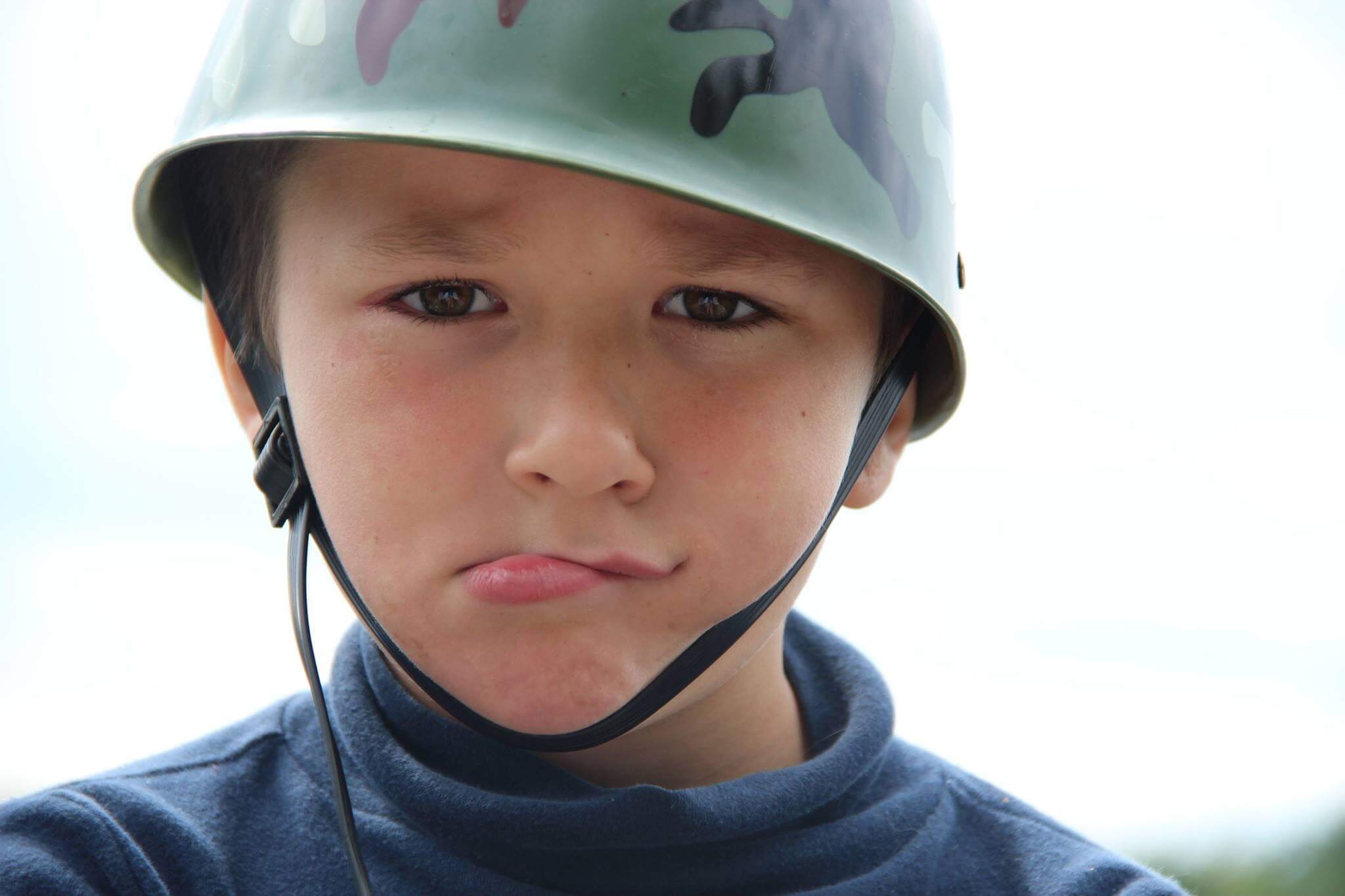
At Jesse’s funeral, Scarlett’s call to action was for each person in attendance to leave that day promising to do one thing: to make the courageous choice to choose a loving thought over a fearful or angry one. Shortly after, she started the Jesse Lewis Choose Love Movement with the mission to teach everyone how to do just that, at no cost.
Research shows that babies are born gravitating towards compassion. Anger is a learned behavior. If hate and anger can be taught, then so can love. We can teach people how to thoughtfully respond with love—through kindness, caring, forgiveness, and concern that helps to empower us all.
As more and more schools are closing and moving online due to the COVID-19 pandemic, we can all learn, model, and teach our children and ourselves how to choose and practice love at home. We can do this best through social and emotional intelligence and learning. Social and emotional learning (SEL) was defined over two decades ago by the Collaborative for Academic, Social, and Emotional Learning (CASEL) as, “the process through which children and adults understand and manage emotions, set and achieve positive goals, feel and show empathy for others, establish and maintain positive relationships, and make responsible decisions.”
When you have the awareness, skills and tools that SEL teaches, love becomes a choice. Scarlett, for example, made the choice to choose love and to actually forgive the young man who murdered her beloved son. She chose forgiveness over hate. Not to justify the horrific violence he had committed in any way but instead to take her personal power back, which had been lost to anger and resentment.
And right now, in the face of an ongoing global crisis, people are choosing love over fear. In doing so, they are taking their own personal power back as well. People are choosing creativity, connection, learning, and growth. They are practicing compassion, gratitude, kindness, and generosity. Humanity is rising to the occasion through ingenuity, collaboration, innovation, and authenticity. We are witnessing bravery, civic-engagement, inclusion, and sense of community.
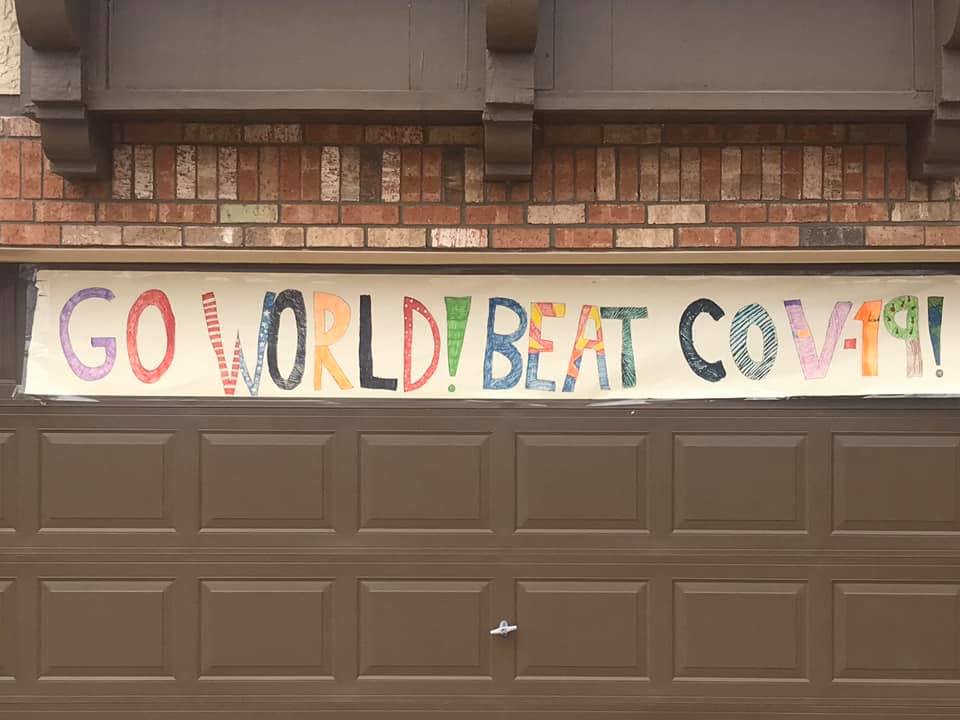
Just like our problems, the list of ways that people are choosing love is constantly growing and evolving. This choice of love over fear is palpable, across the globe and all levels of society. For the first time, in a long time, much of the world is coming together with the ubiquitous message “We are all in this together”.
If you are lucky enough to be able to stay home and haven’t witnessed this yet, do yourself a favor and shift your perspective –change the channel for a minute, or go online and follow the hashtags #InThis2gether and the World Health Organization’s #togetherathome. Take notice of all of the resources currently being offered-up for free in response to worldwide quarantines –like Yale’s vastly popular “happiness” course, which teaches the science on well-being and activities to incorporate in your own life.
Messages of encouragement and hope are being spread by children through chalk and other art in their neighborhoods. Universities and communities are working together to gather donated and even home-made personal protective equipment for front-line workers. For-profit and non-profit companies alike are offering no-cost services across the globe, landlords are waiving rent, and many businesses are pivoting services altogether to directly support healthcare workers, first-responders, at-risk community members, and our nation.

To be sure, the global pandemic we are all facing is changing life at all levels of society. COVID-19 is devastating families who are suffering due to illness or separation, overwhelming communities being hit hardest that are in dire need of supports, and slumping economies. Those most vulnerable – including those struggling financially, the uninsured and under-served, the remote and/or isolated, those living in abusive homes, the undocumented, those with underlying or disabling medical conditions, and others –will be hurt the most. And it is unacceptable. We must protect our most vulnerable.
Yet while so much is out of our control, there is still a lot that we each can control—and that includes what we choose to focus on and think about, and how we choose to react. We can do this through SEL and the skills, tools, and growth it offers.
Courage for example, is one of the character values comprising the “Choose Love Formula”, and is like a muscle – it can be strengthened. In Choose Love, we do that by being present and doing Brave Breaths. It’s the kids’ favorite thing for a reason, because it brings almost instant relief. This enables us to think of something to be grateful for, which is protective for our mental health.
During times of crisis, it can be easy to let our thoughts run on negative auto-pilot. The good news is that we can only focus on one thought at a time. When we have the courage to focus on love and gratitude, we give ourselves the opportunity to feel restored, supported, and bolstered. We may then begin to consider focusing on other enduring character values taught as part of the “Choose Love Formula”, such as forgiveness and compassion for ourselves and others.
Scientific research proves that teaching evidence-based SEL in the classroom significantly benefits all children, including those with special needs– that is, academically, behaviorally, physically, mentally and socio-emotionally.
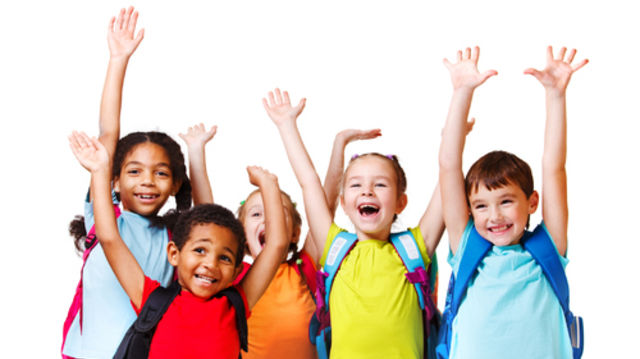
We’re talking improvements in social cognitive skills, self-control, and frustration tolerance. Decreased anxiety, depression, sadness, and withdrawal. Improved classroom atmosphere. Less aggression and self-destructive behavior, including drug-use initiation. Better scores on standardized achievement tests. More assertive social skills, effective conflict resolution, and increased pro-social behaviors. Less violence and more empathy. This list goes on and on. Plus, SEL can be incorporated into routine education practice during and after school. And guess what? It is not limited to schools.
If schools in your region are closed and you’re struggling with things to do with your child(ren) while you stay at home (again we stress, if you’re lucky enough to be able to), this is it. With the added bonus that you will also come away with lasting skills and tools that are good for you, too!
SEL core competencies of self-awareness, self-management, social awareness, relationship skills, and responsible decision-making can all be learned, taught, and practiced by anyone. This includes parents who are currently home-schooling their child(ren) due to the pandemic. SEL can even (and should) be taught in the workplace, virtual or otherwise. The best part –the benefits to academic performance, health, and relationships are proven to be lifelong.
What better enduring lessons can we offer our children and ourselves right now in this historic moment in time, in a world where children and adults are increasingly more and more anxious and depressed?
And in case you’re thinking to yourself, “Ok, this all sounds great, but what about the economy? SEL can’t help the economy!” It can. SEL is also a money maker. Columbia University’s 2015 report assessed six interventions of evidence-based SEL programs and showed that for every $1 invested, there was an $11 net present value return to the community.
Could you imagine if all of us took this collective time at home to learn how to choose a loving thought over an angry or hateful thought? If every member of society practiced how to manage their emotions and better relate with each other? We would emerge from this pandemic collectively more connected, compassionate, healthier, understanding, and resilient.
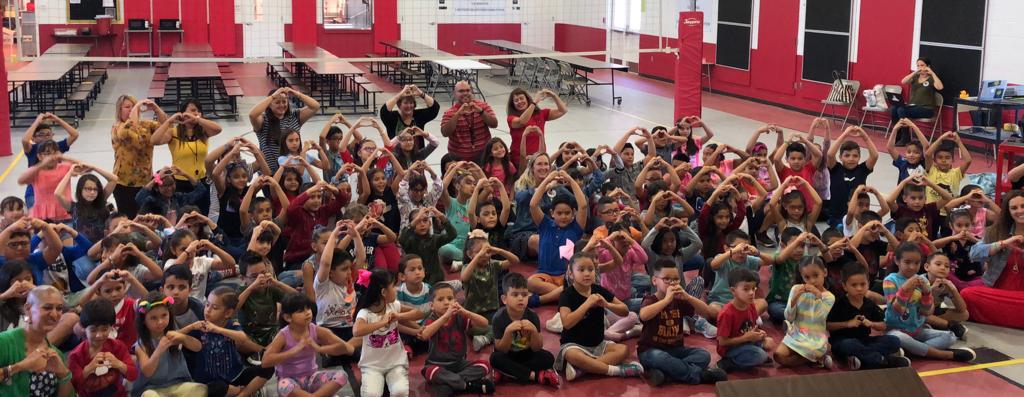
This is the world we want to be a part of. This is the world we are working to create. It is possible. And it starts with each one of us. Today.

